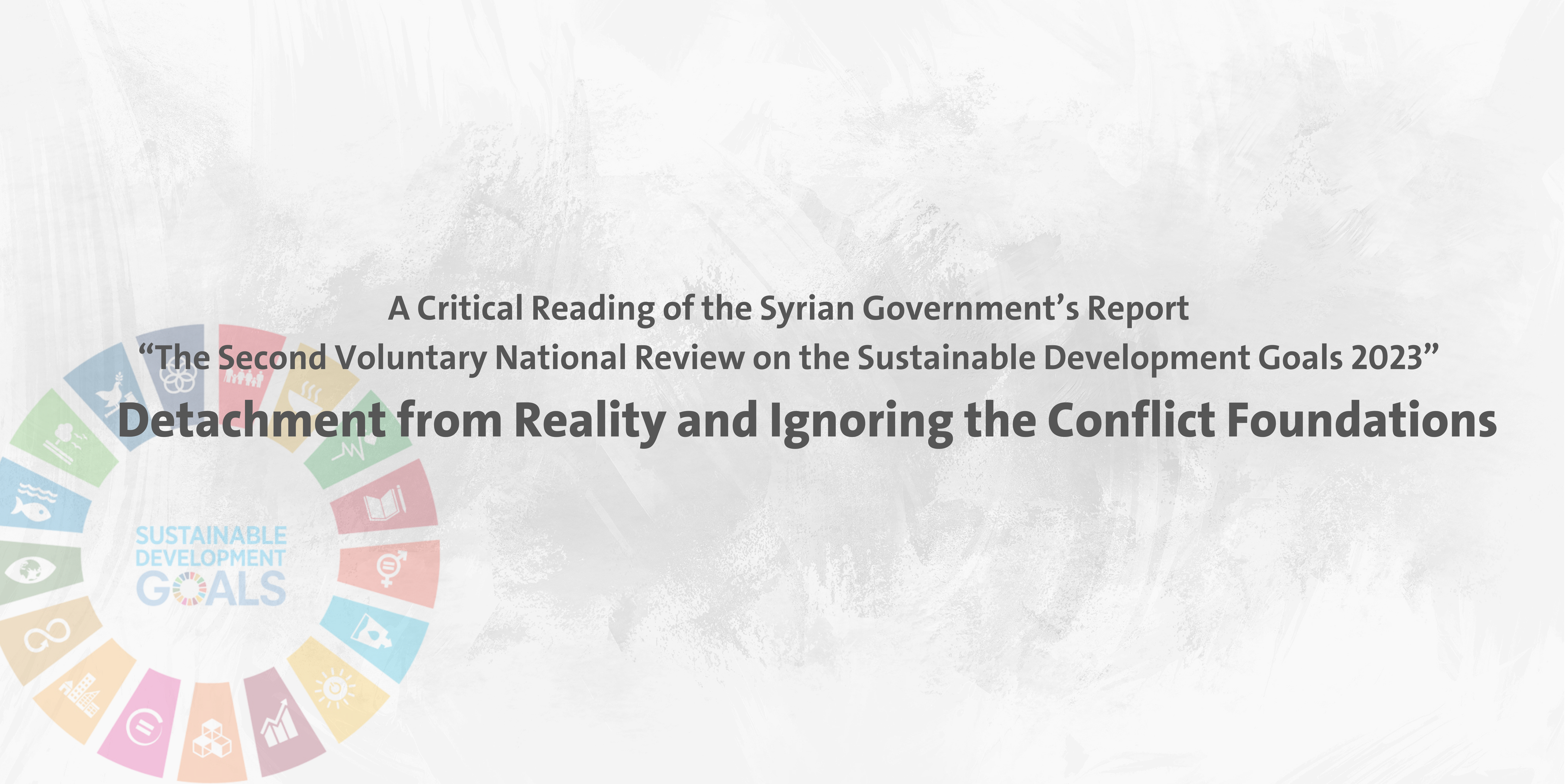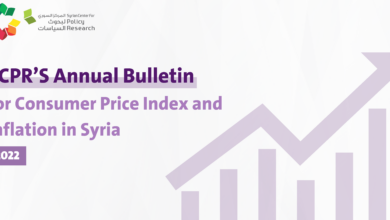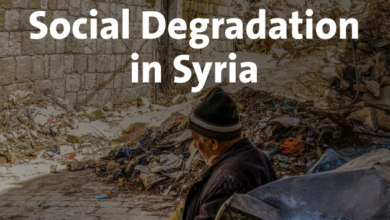Detachment from Reality and Ignoring the Conflict Foundations
The UN Member States adopted the 2015 Sustainable Development Goals (SDGs), and since then, these states have been assessing and reviewing their achievements by engaging stakeholders, including government agencies, civil society organizations, academia, and the private sector. The Voluntary National Review (VNR) reports summarise the country’s efforts, policies, and initiatives aligned with the SDGs and highlight accomplishments, challenges faced, best practices, and lessons learned. They often include data, studies, and examples of projects or policies implemented to advance the achievement of sustainable development goals.
The Syrian Government submitted its first Voluntary National Review reports (VNR) on SDGs in 2020 and participated in the presentation at the High-Level Political Forum (HLPF). Additionally, the civil society contributed a “Shadow” report in response to the Government’s report at that time. Similarly, in 2023, the Syrian Government completed its second Voluntary Report, publishing it along with its messages on the United Nations website. However, it withdrew its participation in the High-Level Political Forum (HLPF) for 2023.
The following are the most prominent findings of the report:
- The use of the Sustainable Development Goals methodology to measure and diagnose conflict-related deterioration is a limited tool due to the focus of this methodology on quantitative indicators without diagnosing the dynamics and policies that enable or hinder achieving the goals. It also restricts many structural aspects in the analysis, such as political oppression, systematic use of violence, power relationships, and regional and international exploitation. In addition, it overlooks social and cultural aspects such as values and social networks. Furthermore, it lacks mechanisms that enforce the mandatory implementation and accountability of governments and pivotal actors.
- The government review came considerably disconnected from reality. It assumes it will achieve health and education goals by 2030 in terms of development outcomes, focusing on some developmental disparities and overlooking the country’s collapse in various areas due to the ongoing conflict.
- As for the actors and political, social, and economic systems and their functions and roles in the conflict, the government review noticeably overlooks the dimensions of the conflict and the roles of the Syrian government, non-state actors, and civil forces. It attributes the causes of the collapse to external factors related to sanctions or opposing external forces.
- The present developmental course of Syria amid the conflict indicates a loss of more than five decades of development progress, manifested across various aspects politically, socially, economically, and environmentally. This report offers evidence of this substantial and ongoing decline, particularly when compared to the government review, which suffered from methodological imbalances in measurement, bias in evidence selection, and limitations in spatial-temporal scope.
- The continuation of current policies confirms the impossibility of achieving the Sustainable Development Goals (SDGs) by 2030, on the one hand, and reinforces conditions for conflict and collapse, leading to a reverse development direction, on the other hand.
- An impartial diagnosis of developmental dynamics and outcomes is vital in charting a course for conflict resolution with broad societal participation. This contributes to addressing the components of conflict and investing in development initiatives rooted in justice, sustainability, peace, and prosperity. Achieving this objective necessitates coordinated efforts towards a fair and sustainable political solution.
Click here to read the full report:
In English:
A critical reading of the Syrian government’s report 2023. En
In Arabic:
A critical reading of the Syrian government’s report 2023. AR







